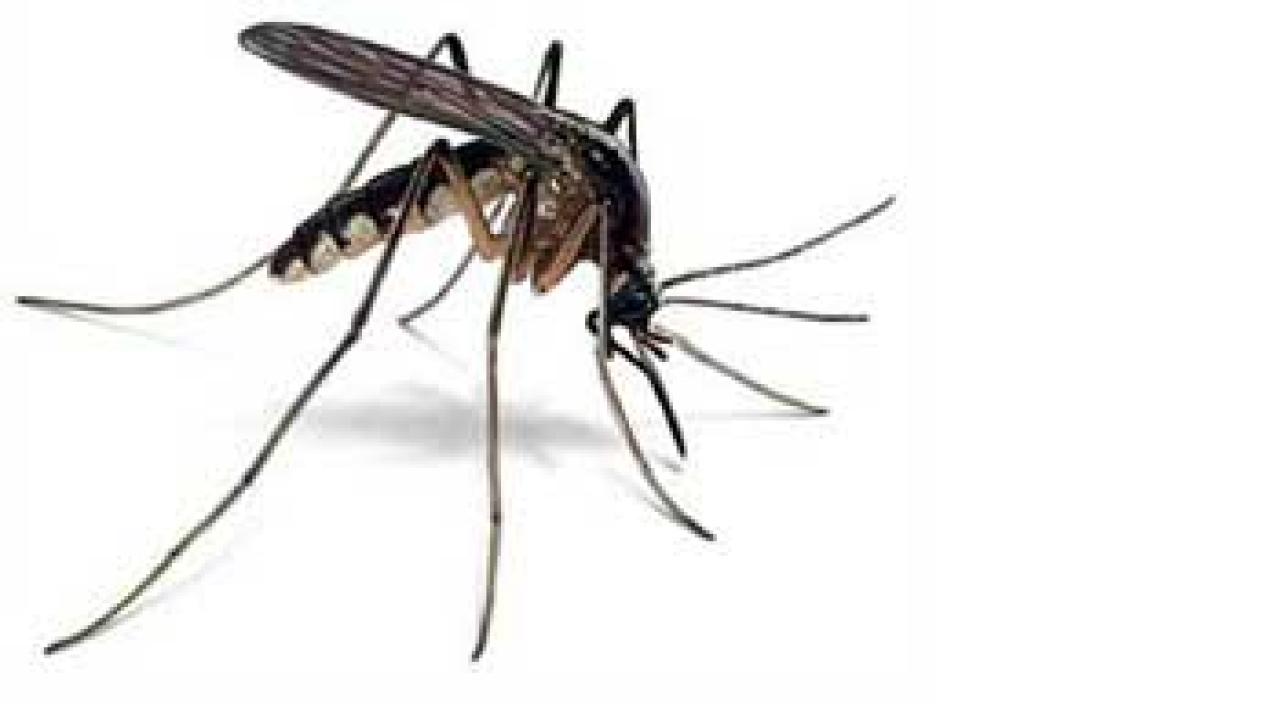
ICTP scientists have developed a new model that integrates
climate and disease interactions to predict outbreaks of malaria in
epidemic prone regions of Africa.
Highlights of the model were presented in scientific sessions at
the 2012
European Geosciences Union's General Assembly in
Vienna, Austria, which is being held from 22 to 27 April.
The model, called VECTRI (VECToR borne disease model of ICTP),
comprises mathematical models of climate and disease interactions
to show the evolution of the vector-parasite cycles in response to
weather. The model is driven by temperature and rainfall patterns
provided by state-of-the-art weather forecast models for the months
ahead, or global climate models for longer time scales.
Using the model, researchers can develop and deploy an
early-warning system for disease outbreaks in Africa, and examine
changes of health risk in response to a changing climate.
With its ability to be run on fine spatial scales of 10 kilometres
or less, VECTRI is the first model of its kind to incorporate
factors such as population dynamics, disease mitigation strategies
such as bed nets, and the fine-scale surface hydrology of pools and
ponds, potentially making its detailed predictions a formidable
tool in the fight against malaria.
The model will feed into integrated decision support systems,
currently under development, to present monthly, seasonal and
decadal climate-health projections to national health
planners.
Results from the VECTRI modelling system provide key input to two
EU projects focussed on malaria: "Quantified Weather and Climate
Impacts on Health in Developing Countries (QWeCl)"; and "Healthy
Futures".
"The QWeCI project hopes to provide predictions of malaria several
months ahead of current methods, giving countries affected by
outbreaks ample time to implement disease-fighting strategies,"
said ICTP scientist Adrian Tompkins of the Centre's Earth System
Physics section, VECTRI developer and co-designer of the QWeCI
project with the University of Liverpool, an EU-FP7 project to
which 11 other institutions across Europe and Africa are
contributing.
















